
Deutsch-Chinesische Enzyklopädie, 德汉百科
 Ecuador
Ecuador

南方共同市场(简称:Mercosur或Mercosul,西班牙语:Mercado Común del Sur、葡萄牙语:Mercado Comum do Sul、瓜拉尼语:Ñemby Ñemuha;简称共同市场或南共市[2]),又译南锥共同体,是巴西、阿根廷、乌拉圭、委内瑞拉(2017年被终止成员国资格[3])和巴拉圭五个南美洲国家的区域性贸易协定(Regional Trade Agreement, RTA),1991年巴西、阿根廷、乌拉圭及巴拉圭四国签订《亚松森协定》,并于1994年增修《黑金市议定书》,确立共同市场组织架构。成立宗旨为促进自由贸易及资本、劳动、商品的自由流通。
同时,南共市将智利、哥伦比亚、厄瓜多尔、圭亚那和苏里南列为联系国(西班牙语:Estados asociados)。[4][5]目前共同市场并没有设立观察国,而成员国被称为缔约国(西班牙语:Estados parte)。[6]
Mercosur (spanisch IPA [ˌmeɾ.ko.ˈsuɾ]) ist eine internationale Wirtschaftsorganisation in Lateinamerika. Der Name ist die abgekürzte Bezeichnung für den Mercado Común del Sur (Gemeinsamer Markt des Südens). Die ebenfalls offizielle portugiesische Bezeichnung lautet Mercosul für Mercado Comum do Sul, auf in Paraguay gesprochenem Guaraní ist Ñemby Ñemuha die geläufige Bezeichnung.
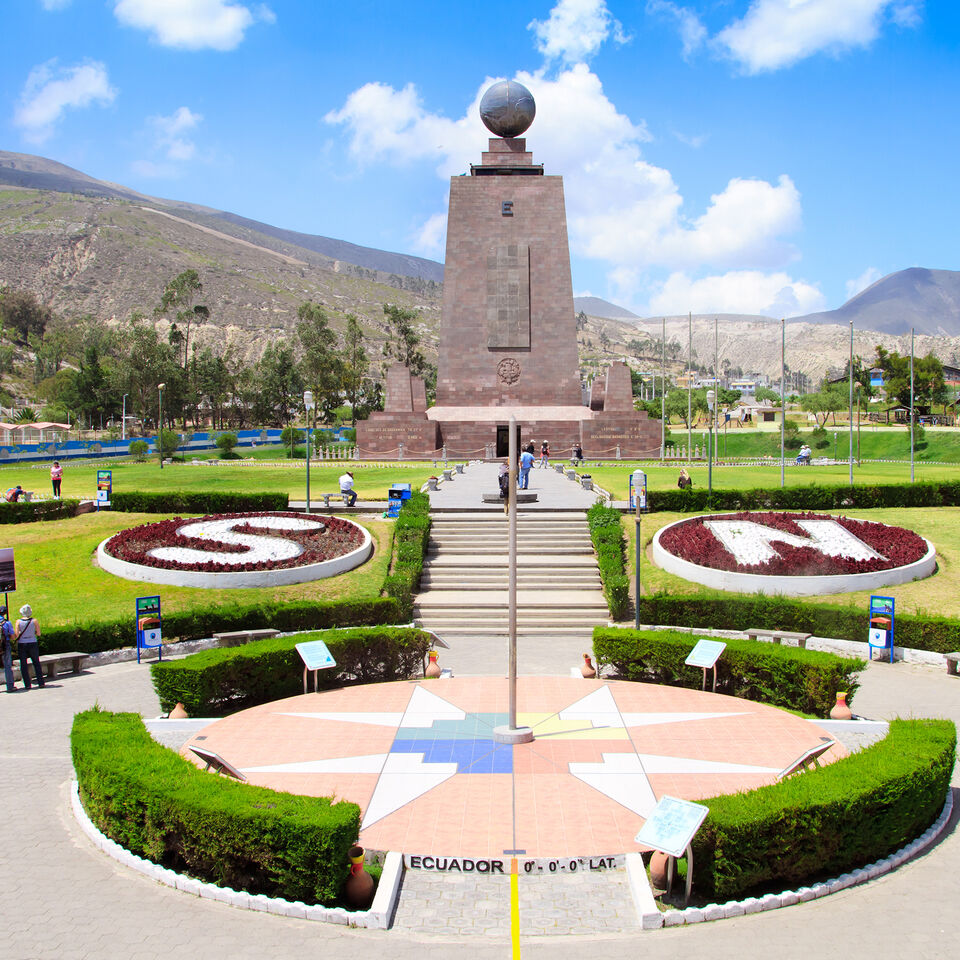

 Algeria
Algeria
 Angola
Angola
 Ecuador
Ecuador

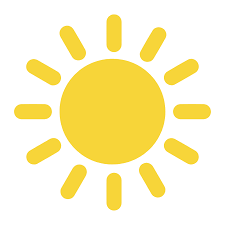 Energy resource
Energy resource

 Financial
Financial
 *Brazil economic data
*Brazil economic data

 Financial
Financial
 *China economic data
*China economic data

 Financial
Financial
 *Germany economic data
*Germany economic data

 Financial
Financial
 *European Union economic data
*European Union economic data

 Financial
Financial
 *France economic data
*France economic data

 Financial
Financial
 *India economic data
*India economic data

 Financial
Financial
 *Indonesia economic data
*Indonesia economic data

 Financial
Financial
 *Italy economic data
*Italy economic data

 Financial
Financial
 *Japan economic data
*Japan economic data

 Financial
Financial
 *Canada economic data
*Canada economic data

 Financial
Financial
 *Russia economic data
*Russia economic data

 Financial
Financial
 *United States economic data
*United States economic data

 Financial
Financial
 *United Kingdom economic data
*United Kingdom economic data

 Geography
Geography
 *World overview
*World overview

 Hand in Hand
Hand in Hand
 Iraq
Iraq
 Iran
Iran
 Kuwait
Kuwait
 Libya
Libya
 Nigeria
Nigeria
 OPEC
OPEC
 Republik Kongo
Republik Kongo
 Saudi Arabia
Saudi Arabia
 Venezuela
Venezuela
 United Arab Emirates
United Arab Emirates

 Important International Organizations
Important International Organizations

石油输出国组织(英语:Organization of the Petroleum Exporting Countries,OPEC,发音为/ˈoʊpɛk/ OH-pek;简称欧佩克、油盟或油组)是由伊朗、伊拉克、科威特、沙特阿拉伯和委内瑞拉五国为共同应对由英美主导的七姊妹跨国石油公司,并且维护石油这一稳定收入,而于1960年在巴格达成立的一个政府间组织。总部自1965年以来设于奥地利维也纳,截至2018年2月拥有14个成员国。2016年,14个国家估计占全球石油产量的44%,占全球探明石油储量的73%。这使得欧佩克可以对全球原油价格产生重大影响。
石油输出国组织的既定使命是“协调统一成员国的石油政策与价格、确保石油市场的稳定,以确保为石油消费国有效、经济而稳定的石油供应,为产油国提供适度的尊重和稳定的收入,为投资于石油行业的资本提供公平的回报。”[2]该组织也是国际石油市场信息的重要提供者。截至2017年5月,石油输出国组织(欧佩克)的成员除了前加入的五个外还包括阿尔及利亚(1969年加入)、阿拉伯联合酋长国(1967年加入)、安哥拉(2007年加入)、厄瓜多尔(1973年加入,1992年退出,2007年再加入)、赤道几内亚(2017年加入)、加蓬(1975年加入,1995年初退出,2016年再加入)、利比亚(1962年加入)、尼日利亚(1971年加入)、卡塔尔(1961年加入,2019年1月退出)、刚果共和国(2018年加入),而印尼则是其前成员(1962年加入,2008年底退出,2016年1月重新加入,同年12月再度退出)。沙特阿拉伯是该组织事实上的(英语:De facto)领导者。三分之二的石油输出国组织的石油产储量位于围绕富油波斯湾的六个中东国家。
Die Organisation erdölexportierender Länder (kurz OPEC, von englisch Organization of the Petroleum Exporting Countries) ist eine 1960 gegründete internationale Organisation mit Sitz in Wien. Derzeit gehören dem Kartell fünfzehn Staaten an: Algerien, Angola, Ecuador, Äquatorialguinea, Gabun, Iran, Irak, die Republik Kongo, Kuwait, Libyen, Nigeria, Katar, Saudi-Arabien, die Vereinigten Arabischen Emirate und Venezuela.[1] Indonesien ist Ende 2016 ausgetreten.
Fünf OPEC-Mitglieder (Saudi-Arabien, Iran, Kuwait, Venezuela, Vereinigte Arabischen Emirate) gehören zu den zehn größten Erdölförderern der Welt. Insgesamt fördern die OPEC-Mitgliedstaaten ungefähr 40 Prozent der weltweiten Erdölproduktion und verfügen über drei Viertel der weltweiten Erdölreserven. Nachdem einige Nicht-OPEC-Staaten ihr Ölfördermaximum überschritten haben, wird erwartet, dass der Einfluss der OPEC steigt. Andererseits stellen manche Experten (z. B. Matthew Simmons) die Angaben zu den Reserven in Frage, etwa die Saudi-Arabiens.
石油輸出国機構(せきゆゆしゅつこくきこう、英: Organization of the Petroleum Exporting Countries、略称:OPEC(日本語発音:オペックopec 、アメリカ英語発音:[ˈoʊpek] オウペク))は、国際石油資本などから石油産出国の利益を守ることを目的として、1960年9月14日に設立された組織である。設立当初は、イラン、イラク、クウェート、サウジアラビア、ベネズエラの5ヶ国を加盟国としていたものの、後に加盟国は増加し、2018年7月現在では15ヶ国が加盟している。世界最大のカルテルとされ、1970年代には石油の価格決定権を国際石油資本より奪い、2度のオイルショックを引き起こしたが、1986年からは石油価格の決定権は自由市場へと移ったこともあり、現在では価格統制力はそれほど強いものではない。なお、オーストリアは加盟国ではないものの、石油輸出国機構の本部は首都ウィーンに設置されている。
The Organization of the Petroleum Exporting Countries (OPEC, /ˈoʊpɛk/ OH-pek) is an intergovernmental organisation of 14 nations, founded in 1960 in Baghdad by the first five members (Iran, Iraq, Kuwait, Saudi Arabia, and Venezuela), and headquartered since 1965 in Vienna, Austria. As of September 2018, the then 15 member countries accounted for an estimated 44 percent of global oil production and 81.5 percent of the world's "proven" oil reserves, giving OPEC a major influence on global oil prices that were previously determined by the so called "Seven Sisters” grouping of multinational oil companies.
The stated mission of the organisation is to "coordinate and unify the petroleum policies of its member countries and ensure the stabilization of oil markets, in order to secure an efficient, economic and regular supply of petroleum to consumers, a steady income to producers, and a fair return on capital for those investing in the petroleum industry."[4] The organization is also a significant provider of information about the international oil market. The current OPEC members are the following: Algeria, Angola, Ecuador, Equatorial Guinea, Gabon, Iran, Iraq, Kuwait, Libya, Nigeria, the Republic of the Congo, Saudi Arabia (the de facto leader), United Arab Emirates, and Venezuela. Indonesia and Qatar are former members.
The formation of OPEC marked a turning point toward national sovereignty over natural resources, and OPEC decisions have come to play a prominent role in the global oil market and international relations. The effect can be particularly strong when wars or civil disorders lead to extended interruptions in supply. In the 1970s, restrictions in oil production led to a dramatic rise in oil prices and in the revenue and wealth of OPEC, with long-lasting and far-reaching consequences for the global economy. In the 1980s, OPEC began setting production targets for its member nations; generally, when the targets are reduced, oil prices increase. This has occurred most recently from the organization's 2008 and 2016 decisions to trim oversupply.
Economists often cite OPEC as a textbook example of a cartel that cooperates to reduce market competition, but one whose consultations are protected by the doctrine of state immunity under international law. In December 2014, "OPEC and the oil men" ranked as #3 on Lloyd's list of "the top 100 most influential people in the shipping industry".[5] However, the influence of OPEC on international trade is periodically challenged by the expansion of non-OPEC energy sources, and by the recurring temptation for individual OPEC countries to exceed production targets and pursue conflicting self-interests.
L'Organisation des pays exportateurs de pétrole (OPEP) (en anglais Organization of Petroleum Exporting Countries (OPEC)), est une organisation intergouvernementale (un cartel) de pays visant à négocier avec les sociétés pétrolières pour tout ce qui touche à la production de pétrole, son prix et les futurs droits de concession1. Depuis le 1er août 2016, le secrétaire général de l'OPEP est l'ancien patron de la compagnie nationale des hydrocarbures du Nigeria (NNPC) Mohammed Barkindo2.
L'Organizzazione dei Paesi esportatori di petrolio, meglio conosciuta come OPEC (Organization of the Petroleum Exporting Countries), fondata nel 1960, comprende dodici Paesi che si sono associati, formando un cartello economico, per negoziare con le compagnie petrolifere aspetti relativi alla produzione di petrolio, prezzi e concessioni. La sede dell'OPEC, dapprima stabilita a Ginevra, a partire dal 1º settembre 1965 è stata trasferita a Vienna.
Gli stati membri OPEC controllano circa il 78% delle riserve mondiali accertate di petrolio, il 50% di quelle di gas naturale e forniscono circa il 42% della produzione mondiale di petrolio ed il 17% di quella di gas naturale.[1] L'organizzazione parallela dell'OAPEC (Organizzazione dei Paesi Arabi Esportatori di Petrolio), fondata nel 1968 nel Kuwait, si occupa del coordinamento delle politiche energetiche dei paesi Arabi che fanno parte dell'OPEC.
La Organización de Países Exportadores de Petróleo (OPEP) es un organismo internacional fundado en Bagdad, Irak, en 1960. Actualmente lo conforman 15 países, de los cuales 5 son miembros fundadores (Arabia Saudita, Kuwait, Irán, Irak y Venezuela). Desde 1965 tiene sede en Viena, Austria. Constituido a iniciativa del Gobierno de Venezuela, presidido por Rómulo Betancourt, y el entonces presidente de Irak, Muhammad Najib ar-Ruba'i, en respuesta a la concentración de poder político y económico de los Estados Unidos como principal productor y consumidor de petróleo del mundo en el período de posguerra.
La OPEP "puede tener una gran influencia en el mercado de petróleo, especialmente si decide reducir o aumentar su nivel de producción".1 El 43% de la producción mundial de petróleo y el 81% de las reservas mundiales de petróleo se encuentran en países miembros de la OPEP.2 Su dominio en las exportaciones de crudo, para el tercer trimestre del año 2016, se sitúa en alrededor del 34,9%.3 Además, concentra la totalidad de la capacidad necesaria de producción de petróleo del mundo, lo que, de facto, convierte a la Organización de países exportadores de petróleo en el banco central del mercado petrolero.
La cuota de mercado de la organización aumentará en el futuro, ya que la Agencia Internacional de la Energía prevé que la producción de petróleo convencional de los países que no forman parte de la OPEP alcanzará su máximo alrededor de 2015.
La OPEP es una organización reconocida desde el 6 de noviembre de 1962 por la Organización de las Naciones Unidas (ONU), gracias a la resolución número 6.363.[cita requerida] La OPEP tuvo su sede en Ginebra (Suiza) entre 1960 y 1965, y después trasladó su sede a Viena, gracias a las facilidades que otorgó el gobierno austríaco.
Los estatutos de la OPEP establecen que su objetivo es coordinar y unificar las políticas petroleras entre los países miembros, con el fin de garantizar unos precios justos y estables para los productores de petróleo, el abastecimiento eficiente, económico y regular de petróleo a los países consumidores y un rendimiento justo del capital de los inversores.
Los países miembros lograron un significativo aumento del precio del petróleo, sobre todo en los años 1973, 1974 y 1979, y una mayor participación y control sobre la explotación realizada en sus territorios.
La OPEP vivió su primera ampliación en 30 años en enero de 2007 cuando Angola se convirtió de forma oficial en el duodécimo socio del grupo, tras pedir su ingreso en la reunión de la OPEP en Abuya (Nigeria) de diciembre de 2006 y haber sondeado al grupo en la reunión de Caracas (Venezuela) de ese mismo año.
A comienzos del año 2007 el gobierno de Ecuador anunció la posibilidad de regresar a la organización,4 hecho que se materializó finalmente en noviembre de ese mismo año.
Posteriormente, Indonesia suspendió su membresía nuevamente en 2016,5 luego de dos años de haber reingresado a la organización, tras su salida en 2008.
Recientemente, Gabón reingresó a la organización en el año 2016, luego de haber suspendido su membresía en el año 1995; mientras que Guinea Ecuatorial se unió por primera vez a la organización en mayo de 2017.6
Catar, uno de los productores de crudo más pequeños dentro de la Organización, ha anunciado su retiro del organismo para enero de 2019. Así lo dio a conocer su ministro de energía, Saad Sherida al-Kaabi, durante una rueda de prensa el lunes 3 de diciembre de 2018.7
Otros países productores de petróleo, aunque no son integrantes de la OPEP, como Sudán, México, Noruega, Rusia, Kazajistán, Omán y Egipto, participan regularmente como observadores en las reuniones ordinarias del grupo.
Организа́ция стран — экспортёров не́фти (англ. The Organization of the Petroleum Exporting Countries; сокращённо ОПЕ́К, англ. OPEC) — международная межправительственная организация, созданная нефтедобывающими странами в целях контроля квот добычи на нефть. Часто рассматривается как картель. В состав ОПЕК входят 15 стран[4]: Алжир, Ангола, Венесуэла, Габон, Иран, Ирак, Конго, Кувейт, Катар (с января 2019 выходит из альянса), Ливия, Объединённые Арабские Эмираты, Нигерия, Саудовская Аравия, Экваториальная Гвинея и Эквадор. Штаб-квартира расположена в Вене. Генеральный секретарь (с 01 августа 2016 г.) — Мохаммед Баркиндо.[5]
Страны члены ОПЕК контролируют около 2/3 мировых запасов нефти. На их долю приходится ~35 % от всемирной добычи или половина мирового экспорта нефти. Доказанные запасы нефти стран, входящих в ОПЕК, в настоящее время составляют 1199,71 миллиарда баррелей.
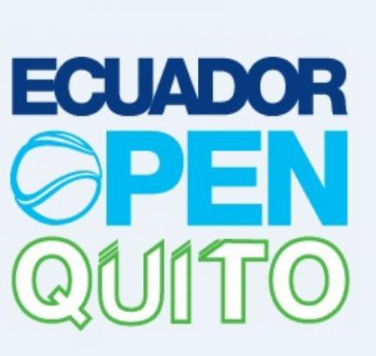
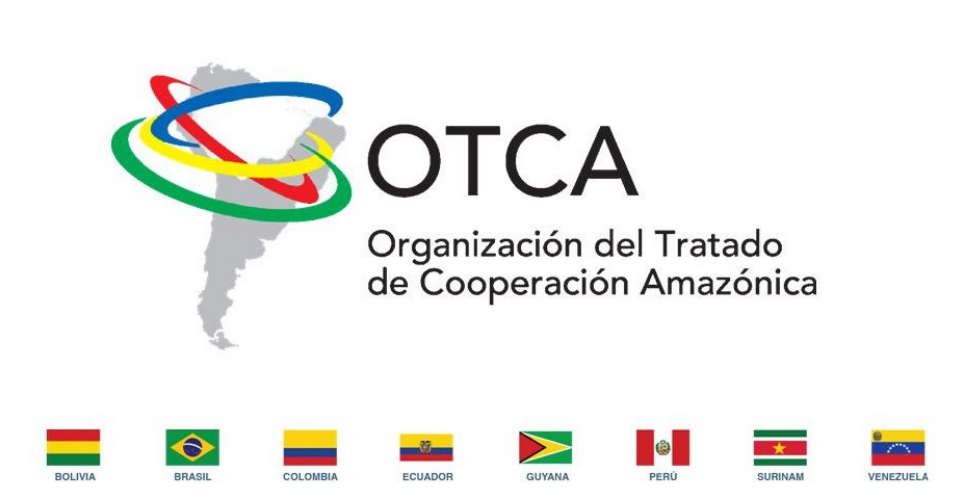
Die OTCA (port.: Organização do Tratado de Cooperação Amazônica / span.: Organización del Tratado de Cooperación Amazónica / engl.: Amazon Cooperation Treaty Organization (ACTO) / niederl.: De Organisatie van de Overeenkomst voor Amazonische Samenwerking (OOAS) ) – tratado heißt im Spanischen und Portugiesischen so viel wie „Staatsvertrag“ – ist die am 2. September 2003 aus dem Amazonaspakt (Tratado de Cooperación Amazonica, TCA) hervorgegangene Organisation der acht Amazonas-Anrainerstaaten.
Der Amazonaspakt wurde 1978 ins Leben gerufen um die Zusammenarbeit der Amazonasländer zu stärken, damals in erster Linie mit dem Ziel, die jeweilige nationale Souveränität über die amazonischen Territorien gegenüber internationalen Interessen durchzusetzen. Später rückte der Gedanke der nachhaltigen Entwicklung Amazoniens immer stärker in den Vordergrund der Aktivitäten des Bündnisses.
Sitz ist seit der Gründung Brasília.
亚马逊合作条约组织是一个旨在促进亚马逊盆地可持续发展的国际组织。其成员国有:玻利维亚、巴西、哥伦比亚、厄瓜多尔、圭亚那、秘鲁、苏里南和委内瑞拉。[1]
《亚马逊合作条约》(Amazon Cooperation Treaty,ACT) 于1978年7月3日签署, 1998年修订。为了监督该条约的实施,1995年,亚马孙合作条约组织成立。2002年,该组织在巴西利亚设立了秘书处。
 Columbia
Columbia
 Costa Rica
Costa Rica
 Côte d´Ivoire
Côte d´Ivoire
 Ecuador
Ecuador

 Eat and Drink
Eat and Drink
 *Palm oil
*Palm oil
 Honduras
Honduras
 Indonesia
Indonesia

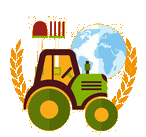 Agriculture, forestry, livestock, fishing
Agriculture, forestry, livestock, fishing
 Malaysia
Malaysia
 Nigeria
Nigeria
 Papua-Neuguinea
Papua-Neuguinea
 Thailand
Thailand
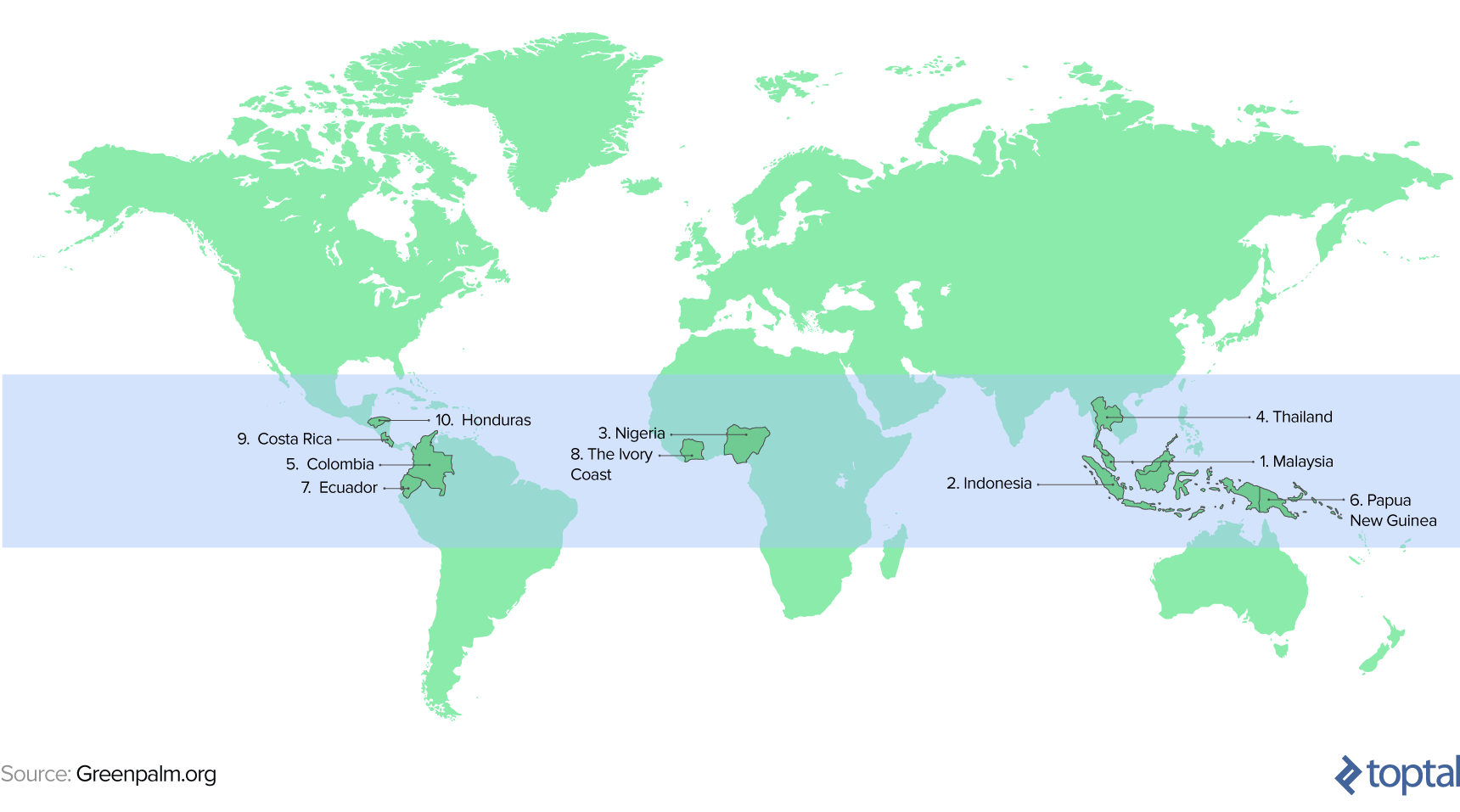

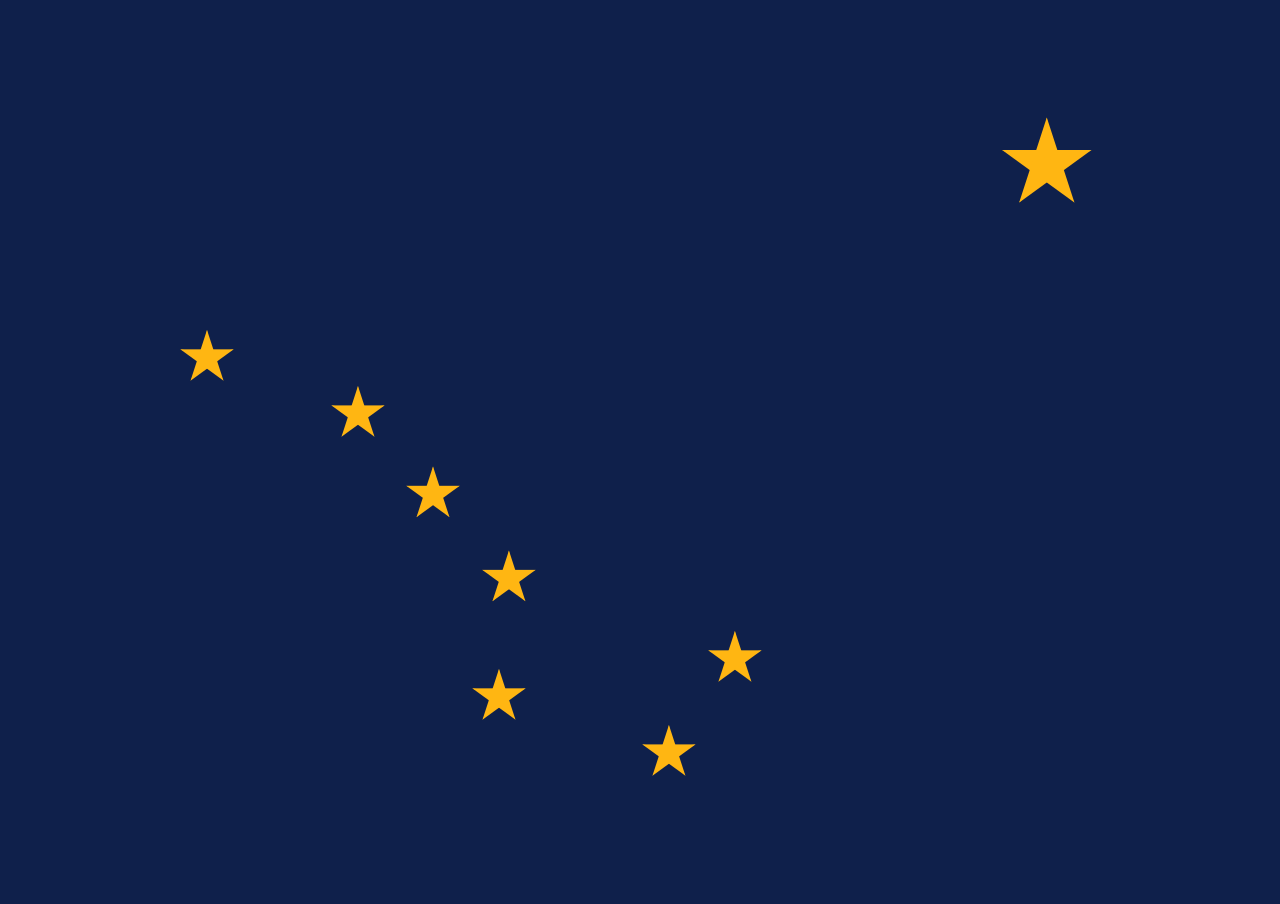 Alaska-AK
Alaska-AK
 Argentina
Argentina

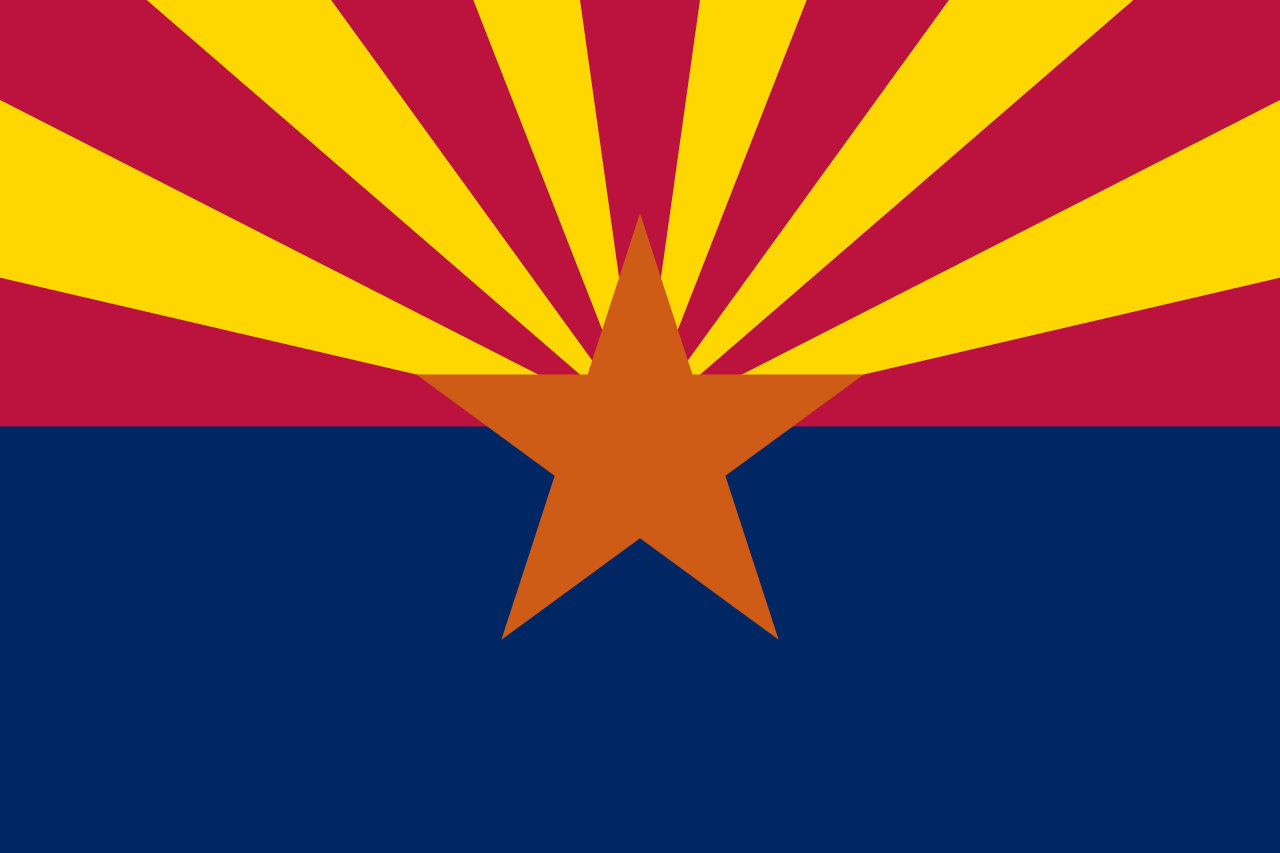 Arizona-AZ
Arizona-AZ
 Bolivia
Bolivia
 Brazil
Brazil

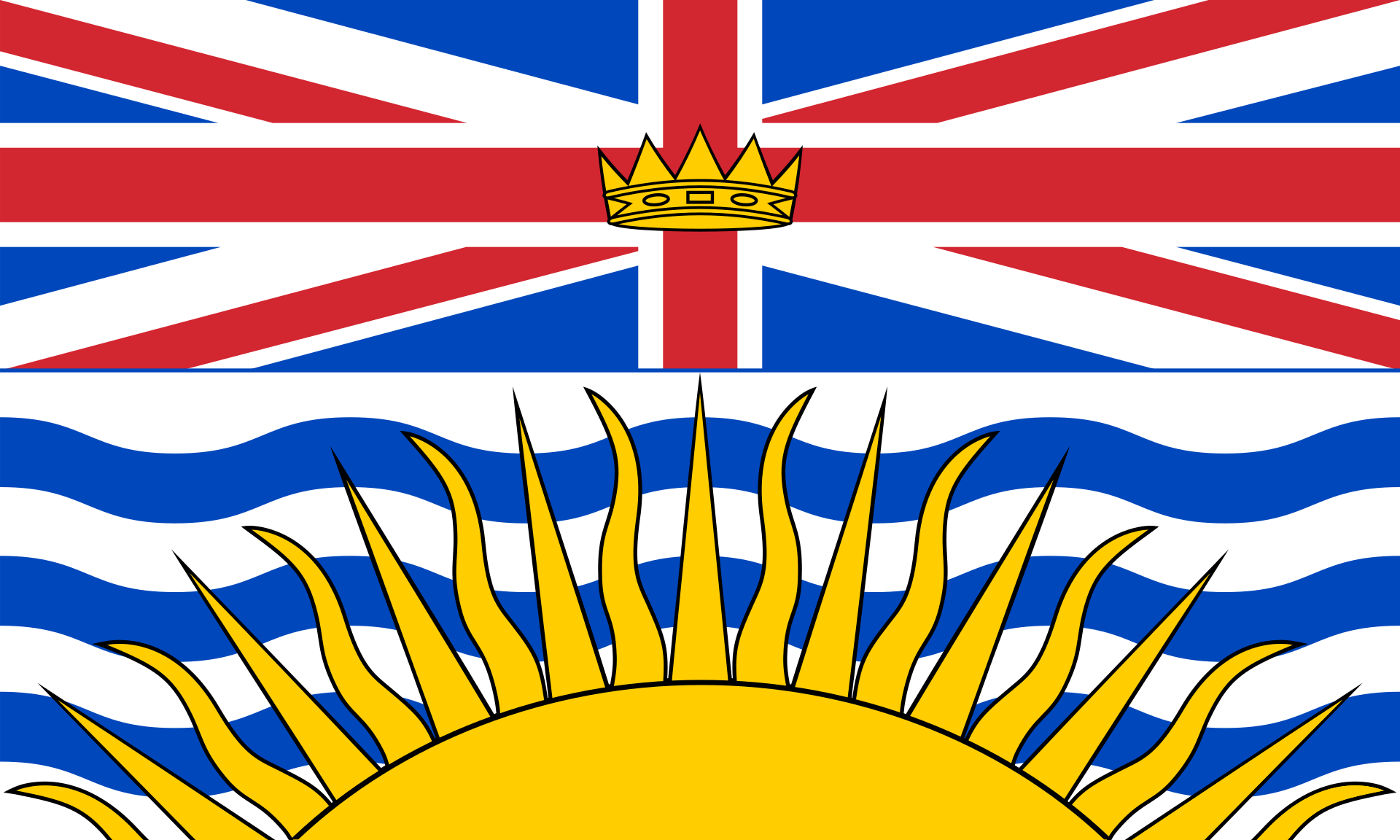 British Columbia-BC
British Columbia-BC

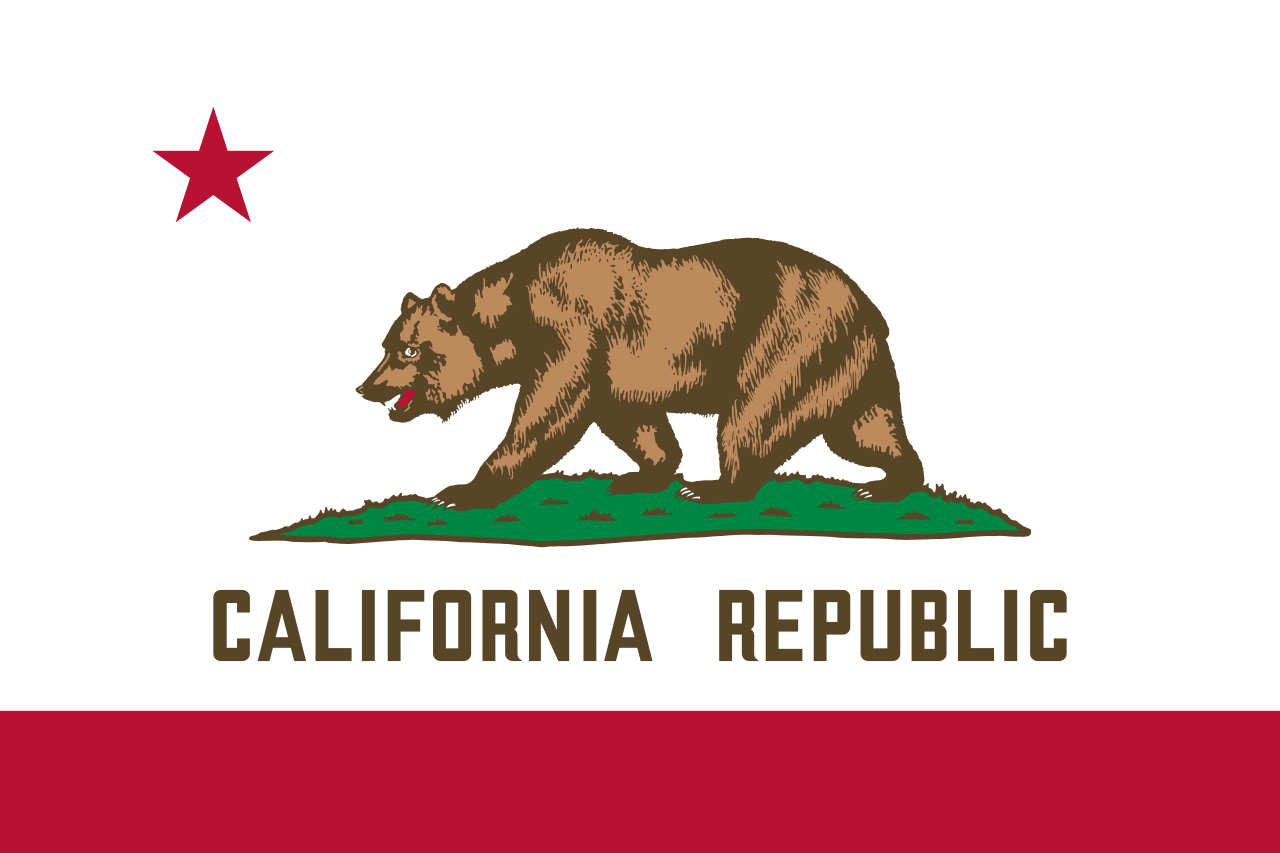 California-CA
California-CA
 Chile
Chile
 Columbia
Columbia
 Costa Rica
Costa Rica
 Ecuador
Ecuador

 Geography
Geography
 Guatemala
Guatemala
 Honduras
Honduras
 Canada
Canada
 Mexico
Mexico
 Nicaragua
Nicaragua

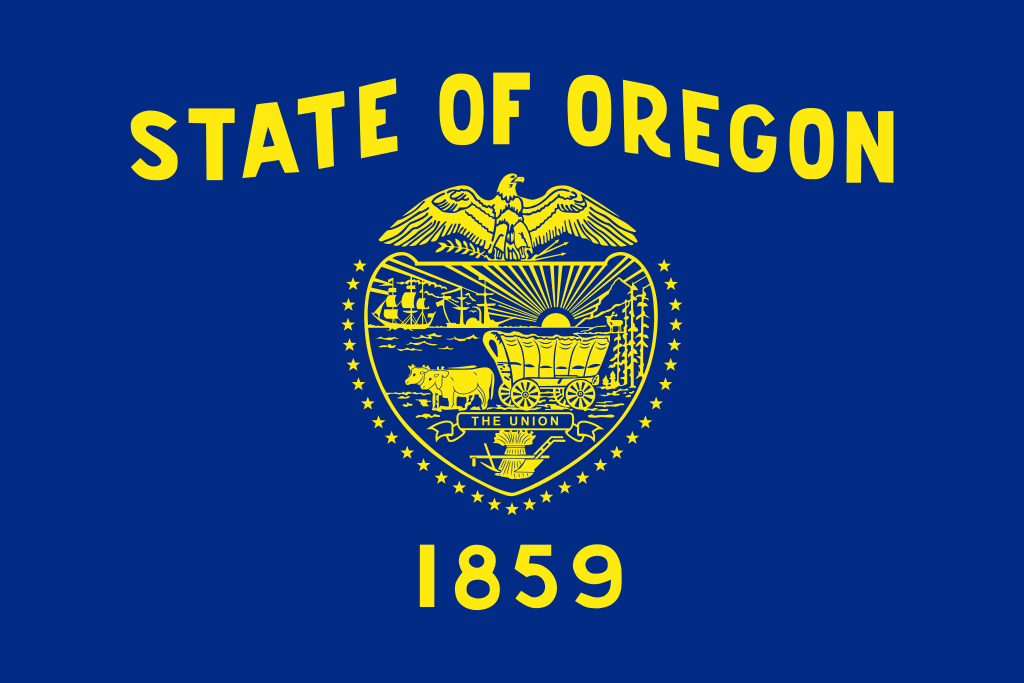 Oregon-OR
Oregon-OR
 Panama
Panama
 Paraguay
Paraguay
 Paraná
Paraná
 Peru
Peru
 Republik El Salvador
Republik El Salvador
 Rio de Janeiro
Rio de Janeiro
 Rio Grande do Sul
Rio Grande do Sul
 Santa Catarina
Santa Catarina
 São Paulo
São Paulo
 Uruguay
Uruguay
 Venezuela
Venezuela
 United States
United States

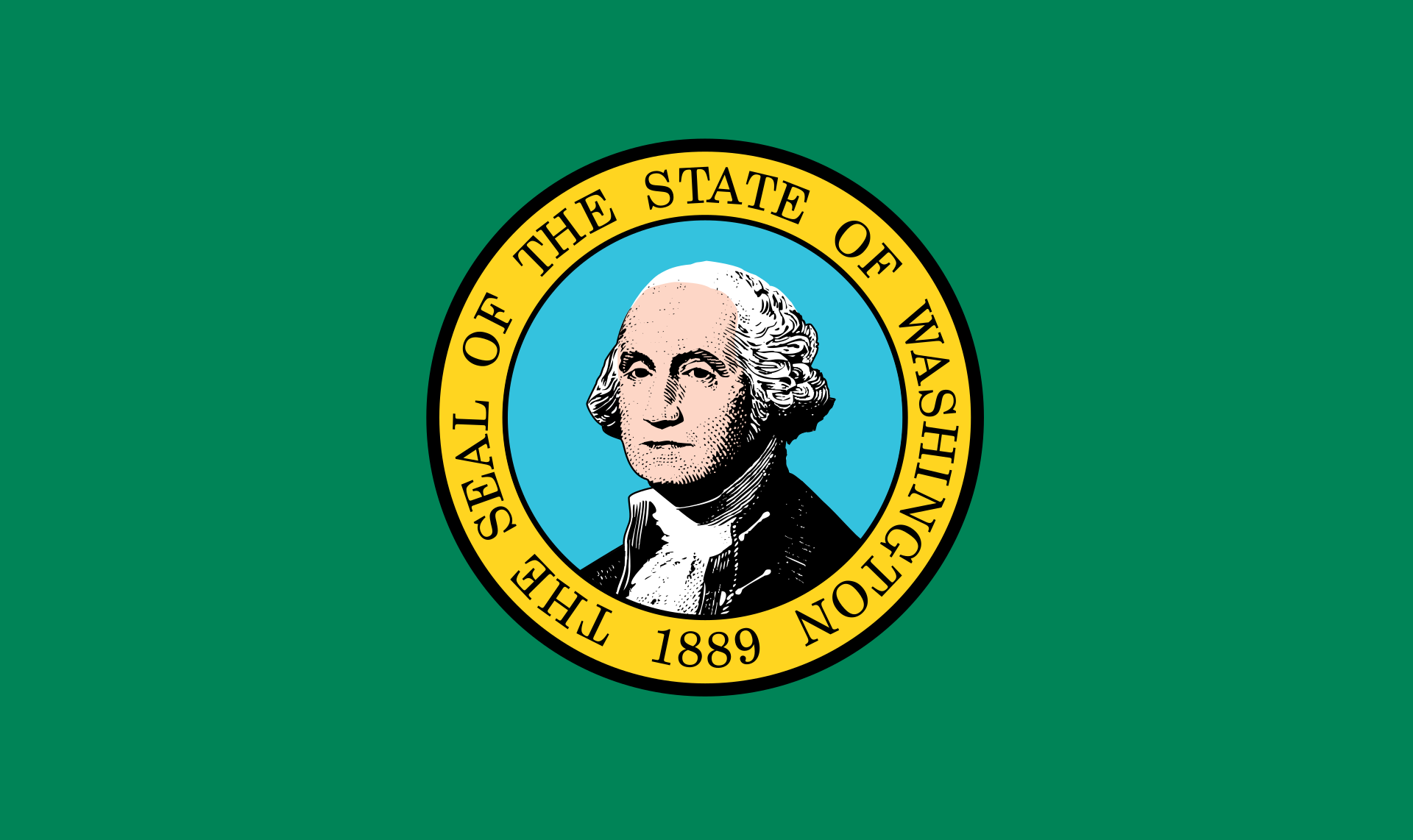 Washington-WA
Washington-WA

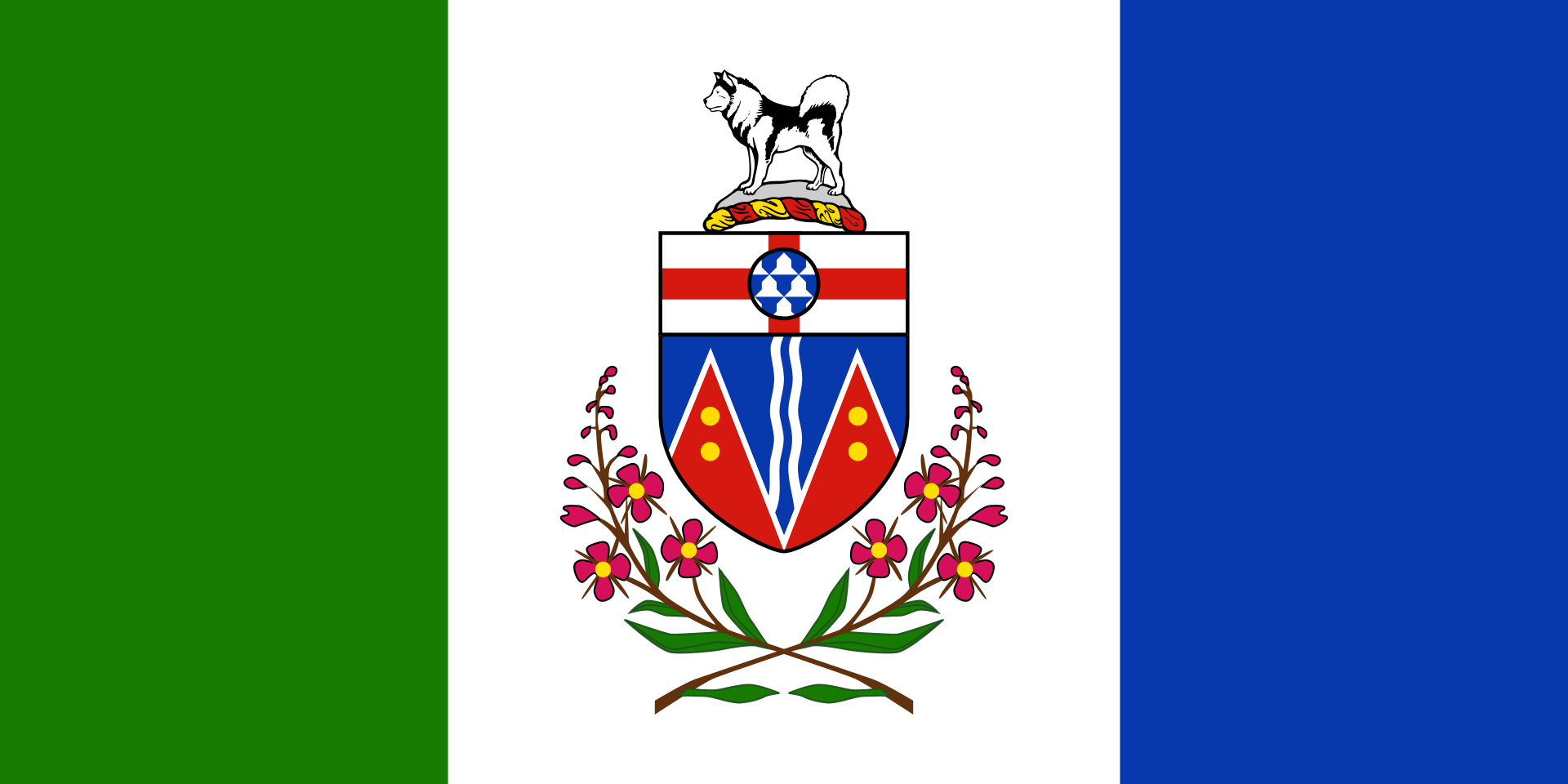 Yukon-YT
Yukon-YT
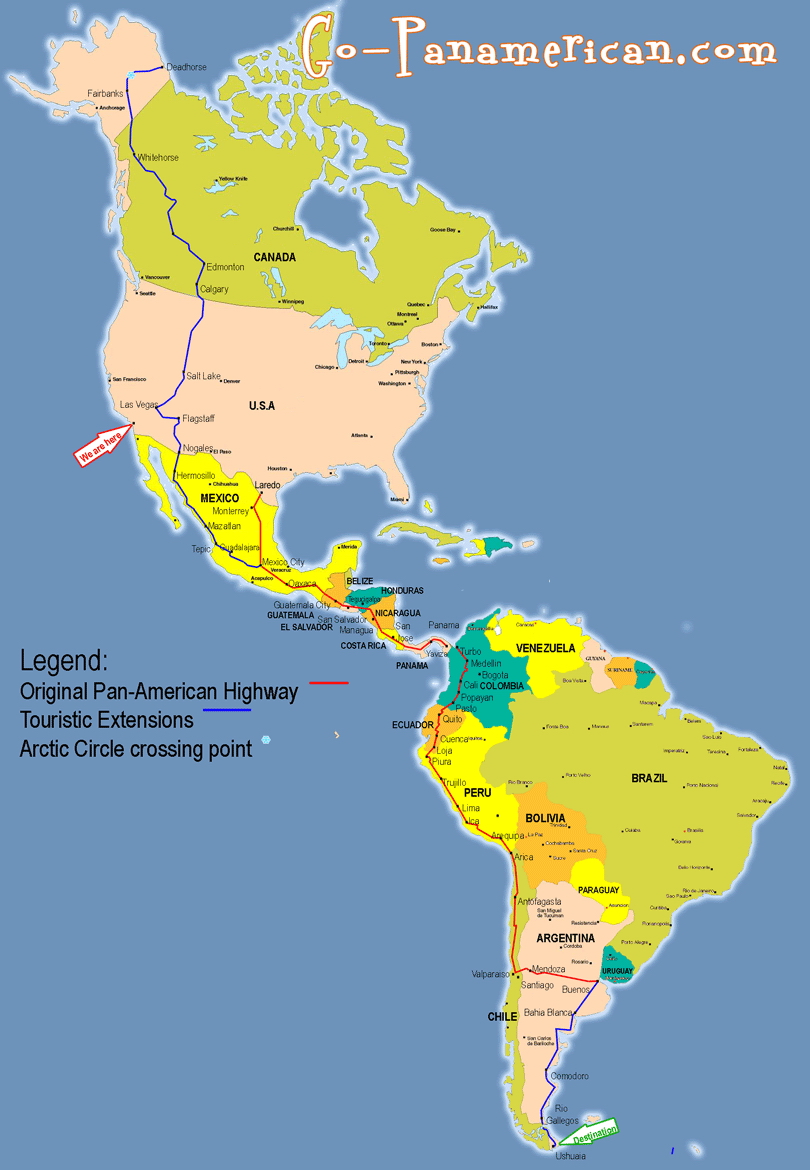
泛美公路(英語:Pan-American Highway,西班牙語:Carretera Panamericana,葡萄牙語:Rodovia Pan-americana,法語:Route panaméricaine)是贯穿整个美洲大陆的公路系统。北起阿拉斯加,南至火地岛,全长约48,000公里,主干线自美国阿拉斯加的费尔班克斯至智利的蒙特港,将近26,000公里。除了巴拿马到哥伦比亚(达连隘口)之间至今仍未修建公路以外,美洲大陆各国都通过这个公路网连接起来[1]。
Die Panamericana (englisch Pan-American Highway, spanisch Carretera Panamericana und Ruta Panamericana) ist ein System von Schnellstraßen, das – mit wenigen Lücken – Alaska mit Feuerland verbindet, sich also über die gesamte Nord-Süd-Ausdehnung des amerikanischen Doppel-Kontinents erstreckt. Das Netzwerk umfasst etwa 48.000 km Schnellstraße und ist in seiner längsten Nord-Süd-Verbindung etwa 25.750 km lang. Auf der Fünften Internationalen Konferenz der Amerikanischen Staaten im Jahre 1923 entstand die Idee einer einzigen kontinentübergreifenden Schnellstraße. Die Konvention über die Carretera Panamericana wurde schließlich am 23. Dezember 1936 auf der Interamerikanischen Konferenz zur Festigung des Friedens in Buenos Aires unterzeichnet.
Die projektierte Fertigstellung des Teilstücks hat viele Gegner, die verschiedene Gründe vorbringen: So würden der tropische Regenwald und die Lebensweisen der dortigen indigenen Völker bedroht; der Drogenhandel aus Kolumbien nach Nordamerika und die Verbreitung der Maul- und Klauenseuche in Südamerika würden gefördert.
Die Panamericana passiert viele Klimazonen, sowohl dichten Dschungel als auch Pässe des Hochgebirges. Außerdem durchquert sie 14 bis 19 verschiedene Staaten und ist deshalb weit entfernt von einer einheitlichen Beschilderung und auch Nutzbarkeit. So kann man Teile der Straße nur in der Trockenzeit befahren, in anderen ist die Benutzung das ganze Jahr über gefährlich. Die Jahresdurchschnittstemperatur reicht vom Gefrierpunkt bis zu über 25 °C.
 Argentina
Argentina
 Bolivia
Bolivia
 Brazil
Brazil
 Chile
Chile
 Columbia
Columbia
 Costa Rica
Costa Rica
 Cuba
Cuba
 Dominikanische Republik
Dominikanische Republik
 Ecuador
Ecuador
 Guatemala
Guatemala
 Guyana
Guyana
 Honduras
Honduras

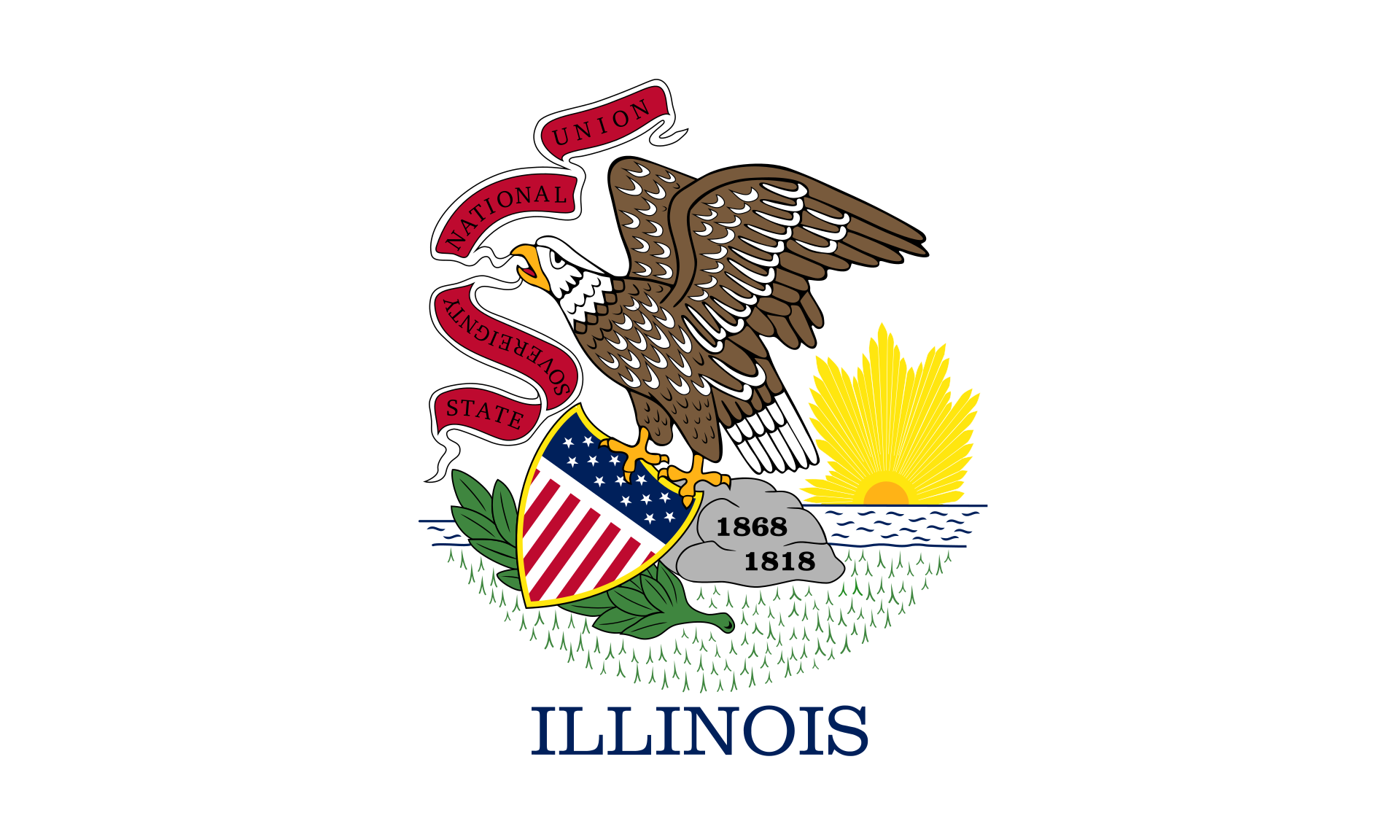 Illinois-IL
Illinois-IL
 Jamaika
Jamaika
 Canada
Canada

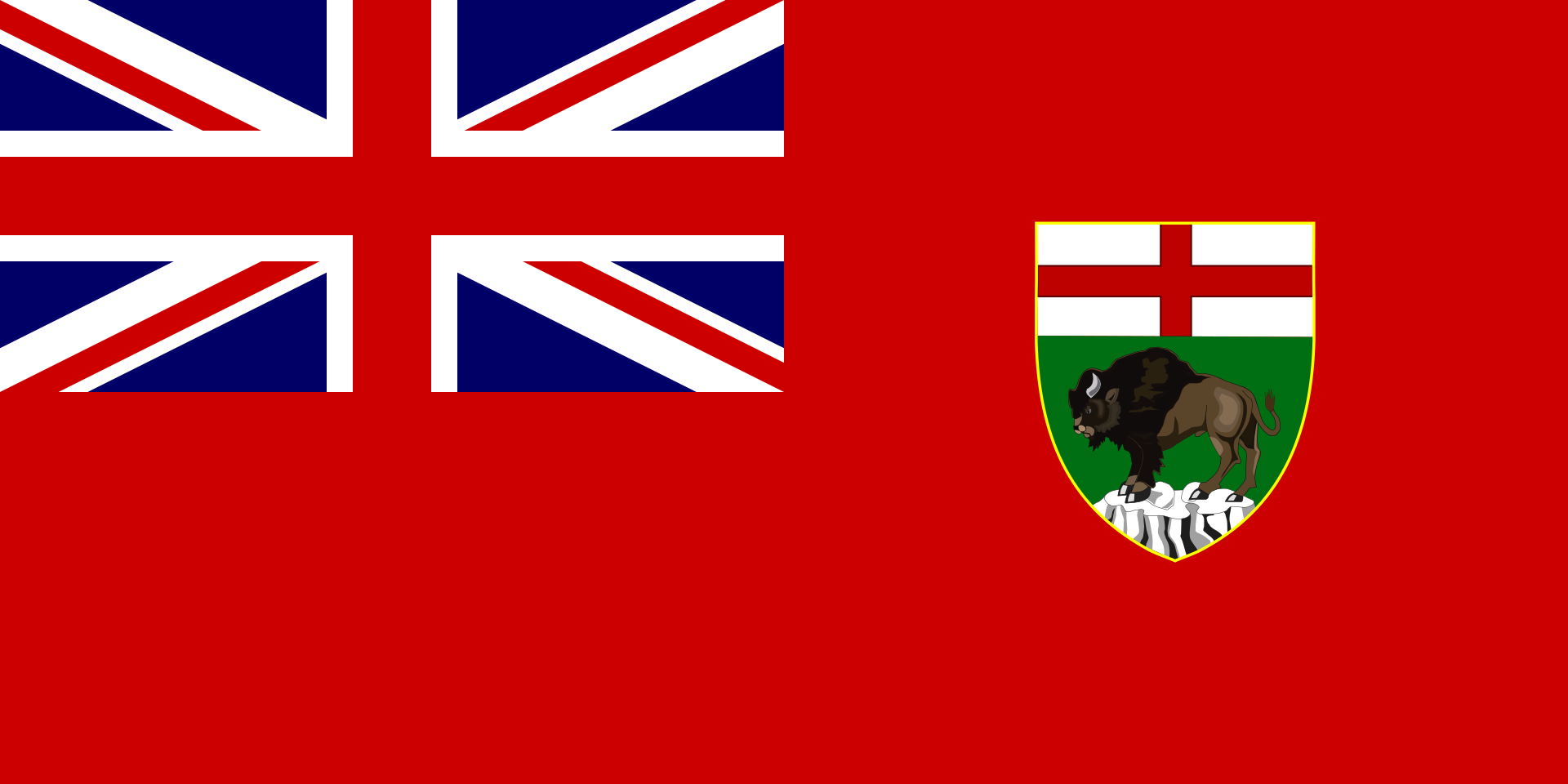 Manitoba-MB
Manitoba-MB
 Mexico
Mexico
 Nicaragua
Nicaragua

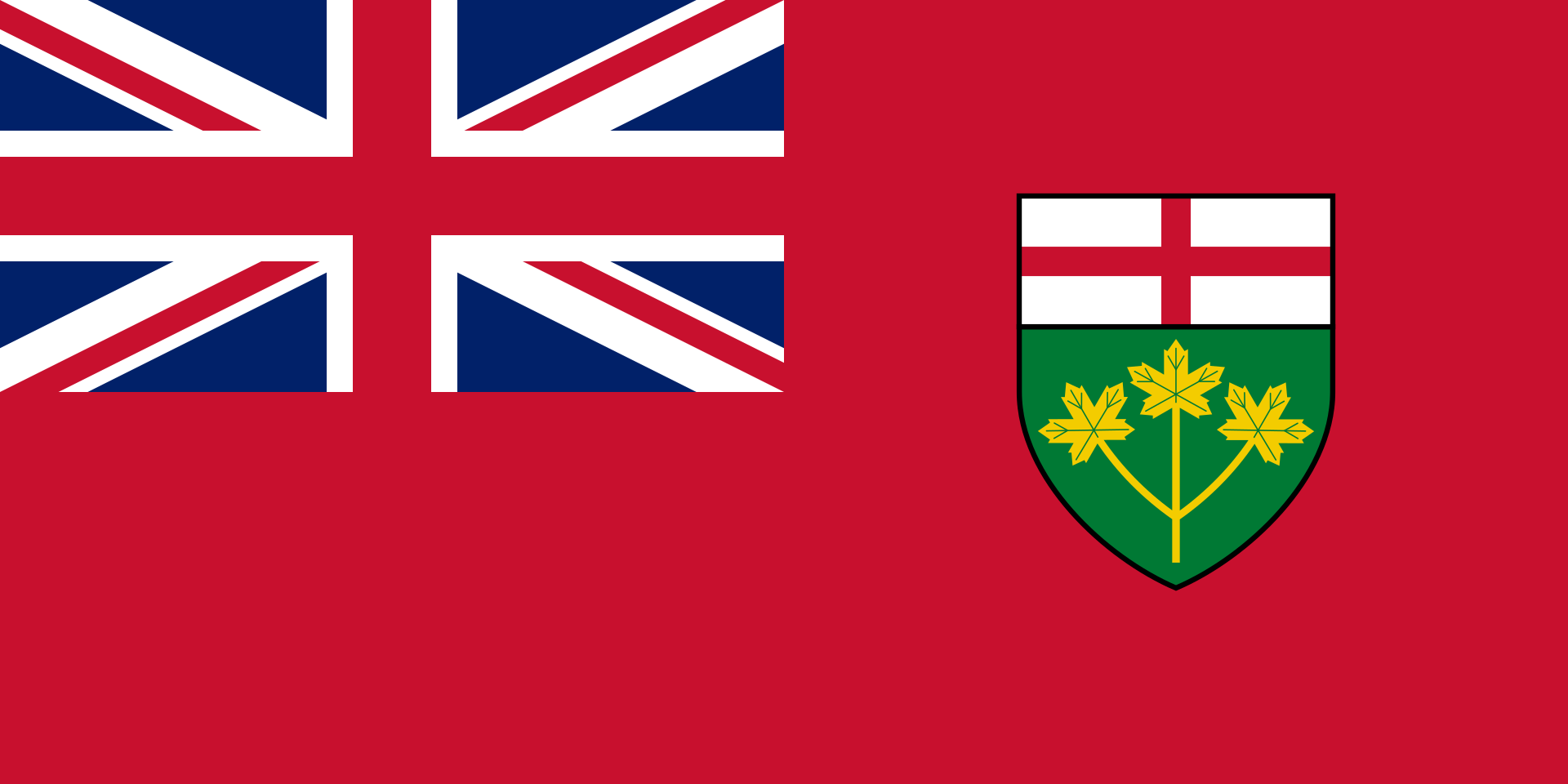 Ontario-ON
Ontario-ON
 Panama
Panama
 Paraguay
Paraguay
 Peru
Peru
 Puerto Rico
Puerto Rico
 Republik El Salvador
Republik El Salvador
 Republik Haiti
Republik Haiti
 Rio de Janeiro
Rio de Janeiro
 Uruguay
Uruguay
 Venezuela
Venezuela
 United States
United States

泛美运动会(英语:Pan American Games),简称美运会,是美洲的国际综合性体育活动,每隔四年举办一次。泛美运动会源自1920年代的中美洲运动会。1932年,举行泛美运动会的倡议首度被提出,其后成立了“泛美体育组织”(西班牙文:Organización Deportiva Panamericana,简称ODEPA;英文:Pan American Sports Organization,简称PASO)。首届泛美运动会原定于1942年在阿根廷布宜诺斯艾利斯举行,但因第二次世界大战而延期至1951年。此后,泛美运动会一直每隔四年举办一次,近数届每届均有来自42个国家地区的超过5,000名运动员参与。
Panamerikanische Spiele (spanisch Juegos Panamericanos, englisch Pan American Games) werden im Vierjahresrhythmus ein Jahr vor den Olympischen Sommerspielen ausgetragen. Die Wettkämpfe finden hauptsächlich in den olympischen Sportarten für Athleten des amerikanischen Kontinents statt. Diese Wettbewerbe werden von der Panamerikanische Sportorganisation nach den Regeln des Internationalen Olympischen Komitees (IOC) und der verschiedenen nationalen Sportverbände ausgerichtet. Als nichtolympische Sportarten gehören unter anderem Futsal und Squash zum Programm.
Die Spiele wurden im Jahre 1940 während einer Tagung des Panamerikanischen Kongresses in Buenos Aires (Argentinien) ins Leben gerufen, um engere Verbindungen zwischen den Sportlern des amerikanischen Kontinents zu ermöglichen.
Die I. Panamerikanischen Spiele sollten eigentlich 1942 stattfinden, doch der Zweite Weltkrieg machte diesen Plan zunichte. So wurde der Wettbewerb erstmals im Jahre 1951 in Buenos Aires ausgetragen. In der Folgezeit fanden die Spiele in verschiedenen Städten des Kontinents statt. 1990 wurden die bis heute einzigen Panamerikanischen Winterspiele in Las Leñas veranstaltet.



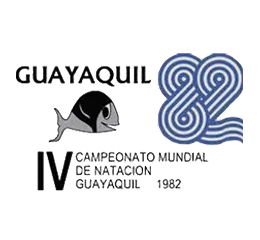
 Economy and trade
Economy and trade
 Architecture
Architecture
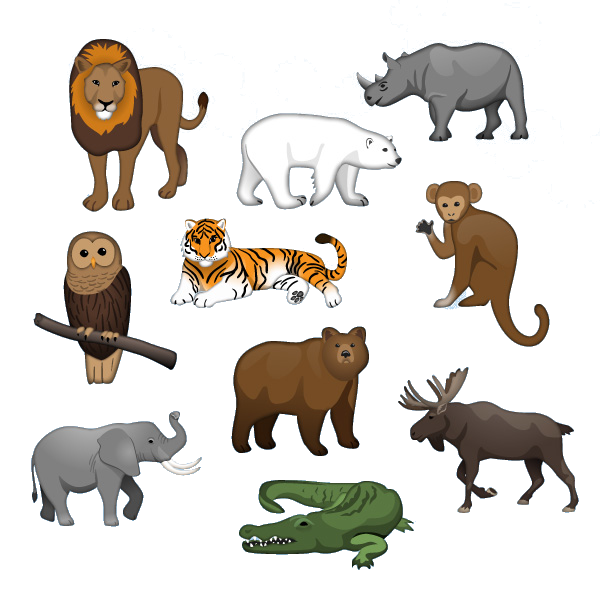 Animal world
Animal world
 Sport
Sport
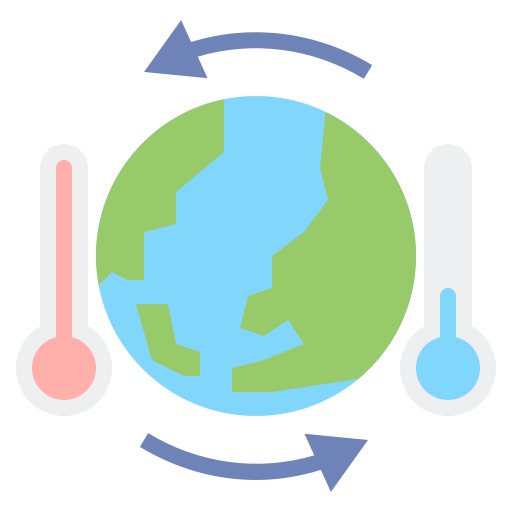 Climate
Climate
 Transport and traffic
Transport and traffic
 International cities
International cities